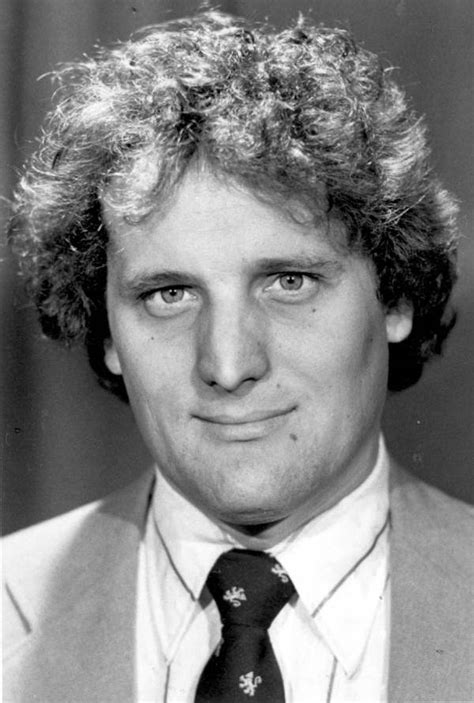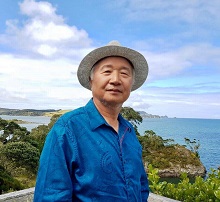A Quote by Tariq Ramadan
We must master our egoism, and through this mastery, step outside ourselves and educate ourselves in giving. Fasting requires that we rediscover all that is alive around us, and reconcile ourselves with our environment.
Related Quotes
In order to find God in ourselves, we must stop looking at ourselves, stop checking and verifying ourselves in the mirror of our own futility, and be content to be in Him and to do whatever He wills, according to our limitations, judging our acts not in the light of our own illusions, but in the light of His reality which is all around us in the things and people we live with.
Some of us are darkness lovers. We do not dislike the early and late daylight of June, but we cherish the increasing dark of November, which we wrap around ourselves in the prosperous warmth of wood stove, oil and electric blanket. Inside our warmth we fold ourselves, partly tuber, partly bear, in the dark and its cold - around us, outside us, safely away from us. We tuck ourselves up in the comfort of cold's opposite, warming ourslves by thought of the cold, lighting ourselves by darkness's idea.
Instead of educating the I.Q., we need to educate the H.Q., the heart quotient, the matters of truth, love, justice, and compassion. There are two ways to do this. One is through the read life experiences and the other is through literature. Literature has the power to take us outside ourselves and returns to ourselves a changed self.
It is difficult to see ourselves as we are. Sometimes we are fortunate enough to have good friends, lovers or others who will do us the good service of telling us the truth about ourselves. When we don't, we can so easily delude ourselves, lose a sense of truth about ourselves, and our conscience loses power and purpose. Mostly, we tell ourselves what we would like to hear. We lose our way.
[Grace] is given not to make us something other than ourselves but to make us radically ourselves. Grace is given not to implant in us a foreign wisdom but to make us alive to the wisdom that was born with us in our mother?s womb. Grace is given not to lead us into another identity but to reconnect us to the beauty of our deepest identity. And grace is given not that we might find some exterior source of strength but that we might be established again in the deep inner security of our being and in learning to lose ourselves in love for one another to truly find ourselves.
Fasting from any nourishment, activity, involvement or pursuit—for any season—sets the stage for God to appear. Fasting is not a tool to pry wisdom out of God's hands or to force needed insight about a decision. Fasting is not a tool for gaining discipline or developing piety (whatever that might be). Instead, fasting is the bulimic act of ridding ourselves of our fullness to attune our senses to the mysteries that swirl in and around us."—Dan B. Allender, PhD




































